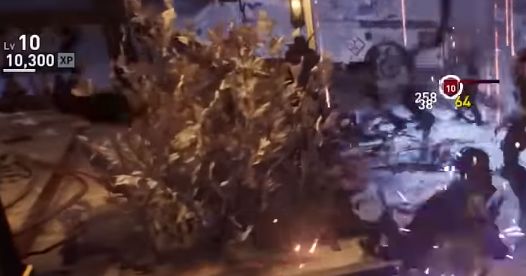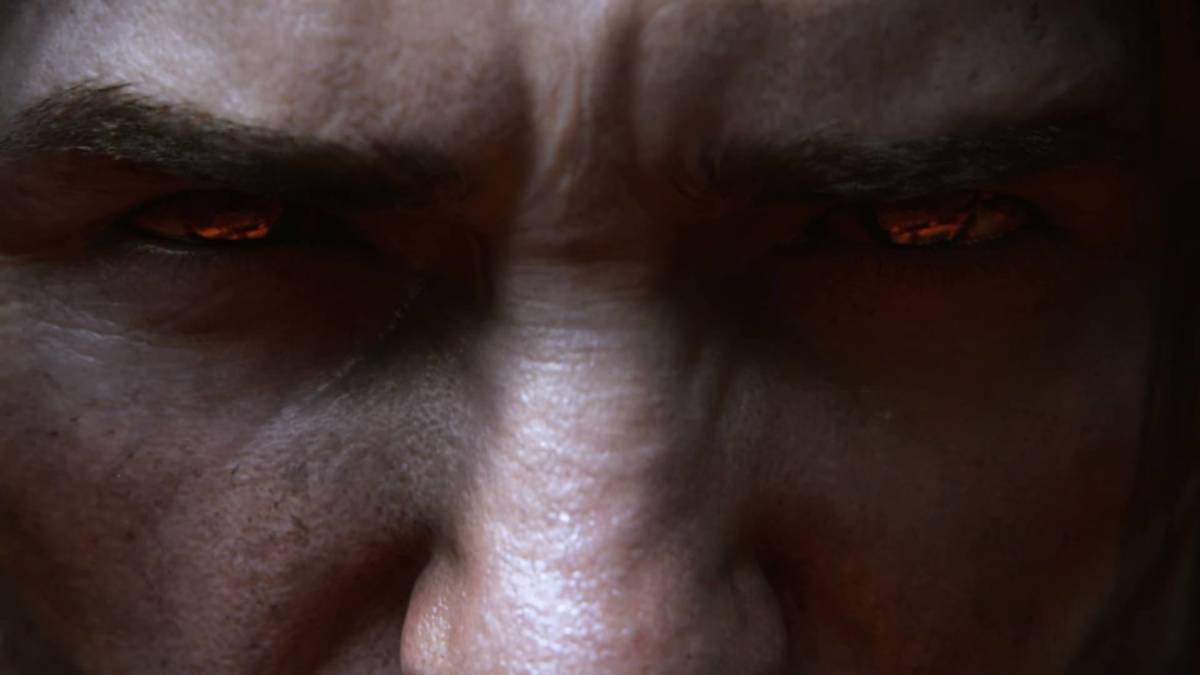Revealed last night as part of DC’s FanDome event, Gotham Knights is a new open world game set in the Batman universe from Warner Bros. Games Montréal. It picks up after the (supposed) death of Batman with you also picking up the Batmantle as one of four members of the Bat Family: Batgirl, Nightwing, Red Hood, or Robin.
Separate from the Arkham canon, which concluded with 2015’s Arkham Knight, Gotham Knights isn’t looking like the experience many were hoping for. Batman’s (supposedly) dead for one, and it also seems like a rather big departure from what made those games so great. Sure, it retains the basics — gadgets and beating buggers up — but this doesn’t look like the same skulkathon that proved that Batman could hang in the video game space after years and years of weak adaptations.
There’s nothing wrong with changing a winning formula — success breeds complacency after all. And the choice to pivot away from the Bat himself does make some sense — we just a had a superb trilogy that concluded naturally so to pick that up again might have felt forced. Similarly, rebooting from Asylum might have been a step too far, especially as the Batman universe is getting rebooted and retooled everywhere you look.
As much as I appreciate the brave decision to leave such a beloved blueprint behind and try something different, there’s one thing about Gotham Knights that has me concerned: those “floaters”.

“Floaters” are what I like to call the floating numbers that seem to be becoming more and more common as more and more games chase that difficult to nail action RPG recipe that keeps players playing — and spending — for longer.
The likeliest of influences behind all this is Destiny, which has educated many studios on how to make a compelling (well, compelling for some) grind since 2013. In the last two or so years, floaters have made their way into many popular open world franchises, which includes Far Cry and Assassin’s Creed, as well as being made the basis for next month’s Marvel’s Avengers. To rationalise all the numbers flying everywhere, these games will also incorporate a gear and levelling system that punishes you from attempting to play the game freely by just stomping your ass down in certain areas.
In principle, there’s nothing wrong with open world games more overtly adopting RPG elements, floaters and all. The Witcher 3, which is one of the most beloved games of all time, gated off areas for particular levels and featured a lot of floating numbers. It just seems to me, though, that this major open world formula shake-up is for the benefit of one thing: microtransactions.
Assassin’s Creed: Odyssey is perhaps the most notorious example of an open world being monetised, Ubisoft incorporating “time-savers” to speed up the grind, a grind they had arguably artificially worsened through the design of the world. You could play diligently, levelling up by ticking off the obscene amount of busywork, or you could just pay beyond your $60 to get to the real meat of the game.
It’s also worth looking at Gotham Knights’ publisher for another reason to be hesitant over this change of tack. Middle-earth: Shadow of War, published by Warner Bros. Interactive, was embroiled in some of the biggest controversies of this gen when it introduced microtransactions into its single-player experience, the Shadow Wars endgame suffering significantly with its grind being frankly absurd without speeding things up with additional purchases. Oh, and it was the only way to see the true ending, too. That monetisation was removed much later, yet Shadow Wars still bears the hallmarks of the extra money-making scheme: the hellish grind.
Let’s not also forget that Warner Bros. Interactive also published Harry Potter: Hogwarts Mystery for mobile devices. Excessive monetisation in mobile gaming is nothing new, yet Hogwarts Mystery takes this to a whole new level by strangling a child unless you expend energy, which can be earned over time or by, you guessed it, spending money. In addition, as normalised as excessive DLC in fighting games has become, Mortal Kombat 11’s really took the bloody, decaptitated biscuit with roughly nine million additional characters, skin packs, and in-game currency.
These are of course still very early days in the news and info cycle for Gotham Knights; Warner Bros. Interactive are incredibly unlikely to mention anything about monetisation plans until much closer to launch, if they mention it at all. If they do embrace microtransactions, they could “just” be cosmetic microtransactions, which I feel are going from harmless to genuinely harming the gameplay experience with just how pervasive and common they are, them superseding the traditional method of, you know, just unlocking them.
Maybe I’m getting too old and cynical, or maybe I’ve just seen monetisation schemes creep up so many times in the past that I can call them from a mile off. I guess time will tell. For now, though, Gotham Knights isn’t putting a smile on my face.
Some of the coverage you find on Cultured Vultures contains affiliate links, which provide us with small commissions based on purchases made from visiting our site. We cover gaming news, movie reviews, wrestling and much more.



